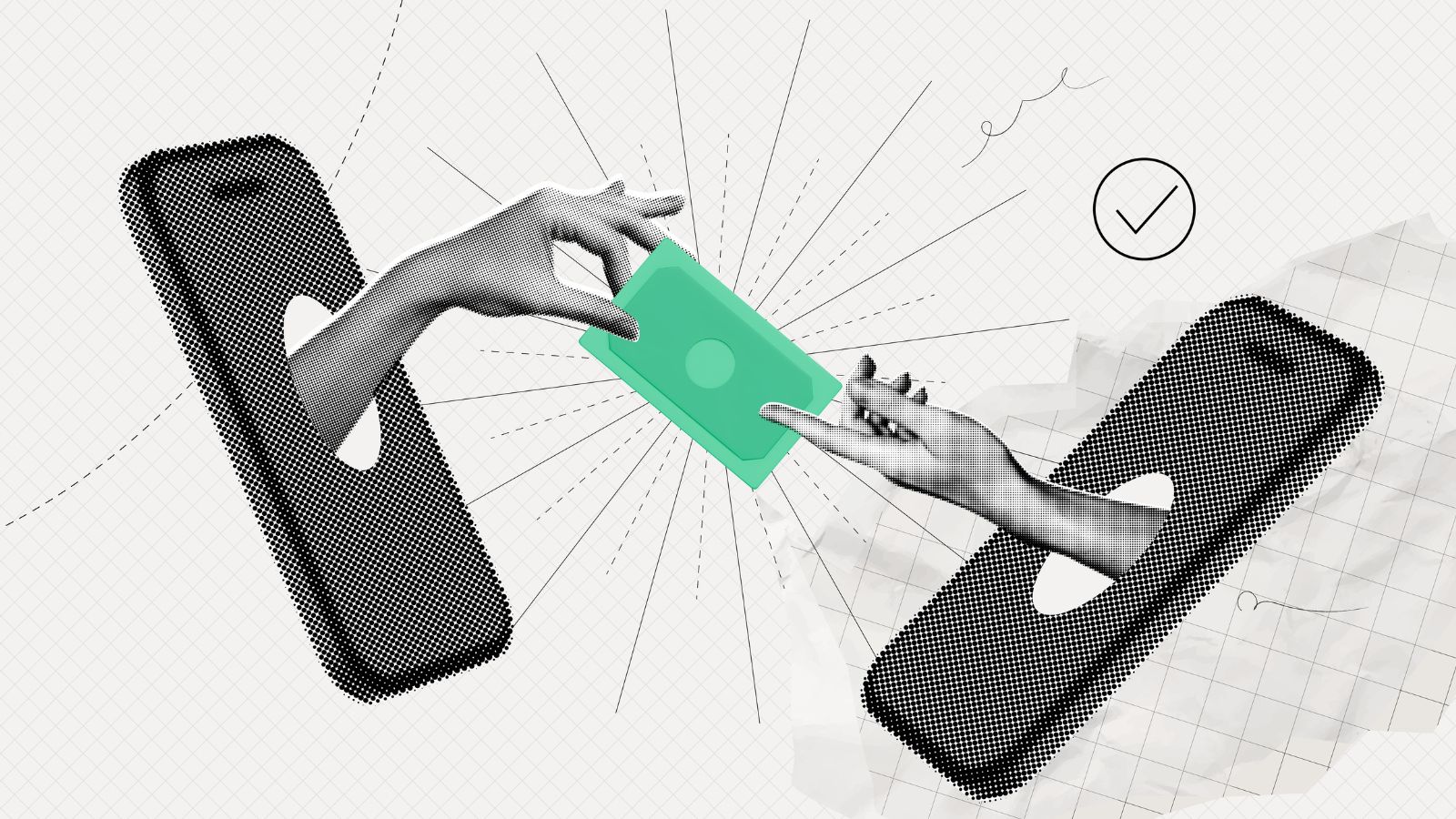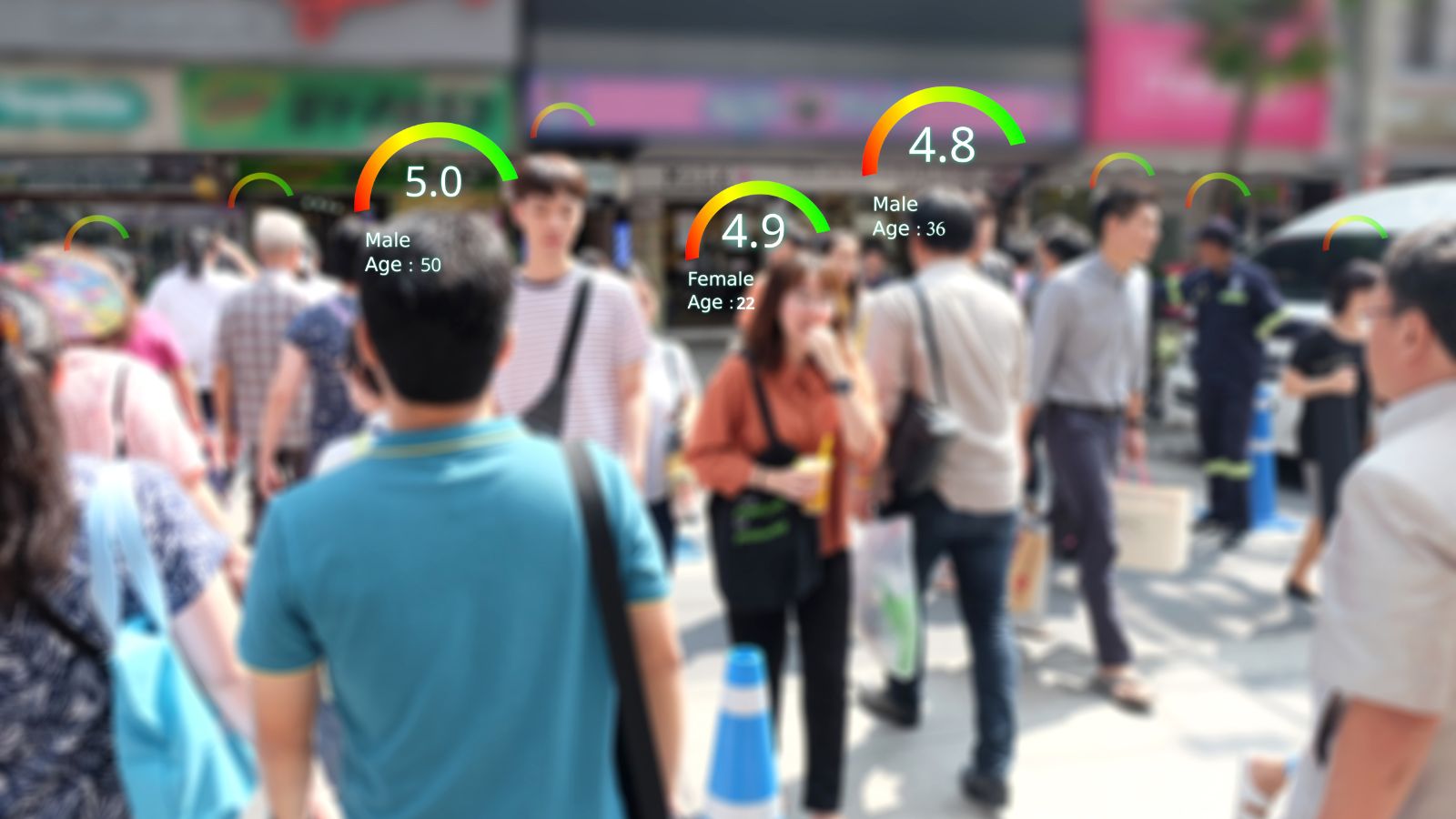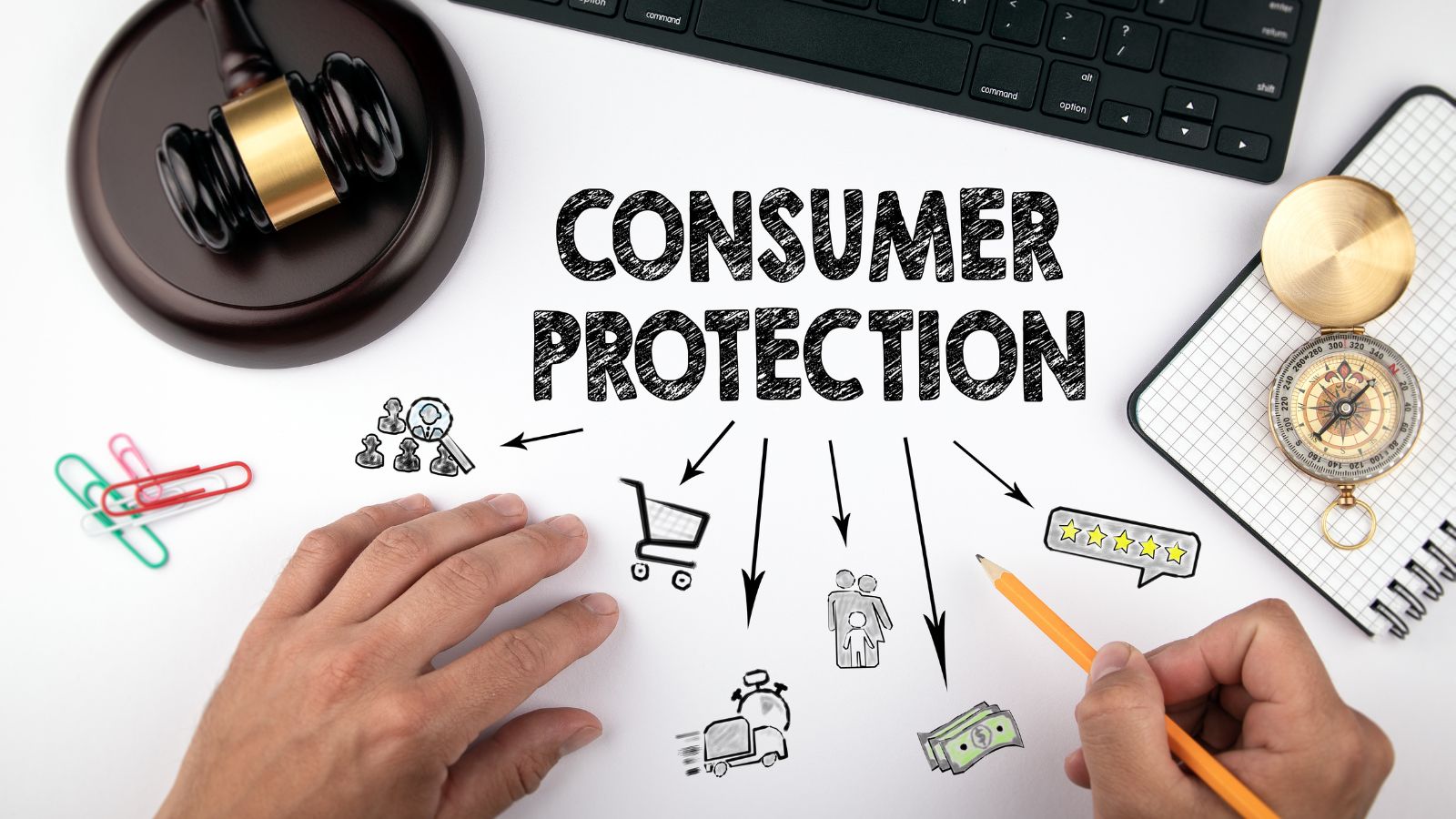Money-saving apps have become a go-to for managing finances, offering convenience and quick solutions. While these apps can provide convenience and efficiency, hidden risks often catch users off guard.
In 2024, with more people relying on these apps, it’s crucial to be aware of potential dangers such as data breaches, hidden fees, and privacy issues. This article explores 20 often-overlooked risks of using popular money-saving apps, helping you make informed choices for your financial well-being.
Privacy and Data Collection

Many money-saving apps collect vast amounts of personal and financial data from users. While this information helps improve services, it also raises privacy concerns. Users may not always be aware of how their data is being used, stored, or shared with third parties, potentially leading to misuse or unauthorized access.
Potential for Data Breaches

The world economy now totally relies on online banking in the year 2024. This has made it possible to accomplish financial tasks with an internet connection. However, this also exposes users to data breaches, regardless of the tight security measures. Thus, it exposes your bank account numbers, spending history, and personal details for hackers to exploit.
Inaccurate Budgeting Recommendations

The advancement of AI enables money-saving apps to recommend the best budgeting recommendations using various algorithms. However, these algorithms can’t always navigate through unique financial situations. Thus giving inaccurate or even counterproductive assessment and advice.
Hidden Fees

Many apps advertise to keep up with the competitive market as “free,” but often come with hidden fees. These hidden fees range from paying for premium features to bank transfers and subscription renewals. If not careful, these fees can add up to quite a sum.
Over-Reliance on Automation

Automation has made our lives especially convenient, and automated savings and bill payments have taken some load off our plates. However, over-reliance on automation can lead to losing track of your expenses and even missing out on ambiguities and errors in your finances.
Lack of Comprehensive Financial Planning

Over-reliance on apps can also prevent you from planning for a secure financial future because many popular budgeting apps focus on immediate savings and budgeting. This can induce a false sense of security in many users when exposed to financial vulnerabilities.
Security Risks of Linking Bank Accounts

Many popular savings apps require linking your bank account to enable certain features. While this helps ease things, it also makes you vulnerable to many security risks. This is because by doing so, you’re essentially granting third-party access to your financial accounts.
Inaccurate Credit Scoring Information

Once again, relying too much on popular budgeting apps and credit monitoring services can harm your financial health. The information provided by these services isn’t always up-to-date or even accurate. If the user relies solely on the data provided by the budgeting apps, then there’s a possibility that he might have an incorrect sense of his credit health.
Behavioral Tracking and Profiling

Many money-saving apps track user behavior to build detailed profiles for targeted advertising. This data collection can compromise your privacy, as sensitive financial habits and preferences are monitored and potentially shared with third parties without your explicit consent or awareness.
Impulsive Spending Encouragement

While the purpose of many budgeting apps is to help us save money, using them can often produce the opposite results. These apps partner up with retailers and brands and offer tempting “exclusive deals” to the users. This way, users might purchase things they otherwise wouldn’t.
Potential Conflicts of Interest

Money-saving apps may have potential conflicts of interest when recommending financial products or services. Some apps receive commissions or incentives from partner companies, which could influence their suggestions. As a result, users might not always receive the most beneficial or unbiased recommendations for their financial needs.
Insecure App Permissions

Many applications claim that they need the user’s permission to access sensitive phone data or features to provide their best service. While there is some truth to these claims, if the permissions are not appropriately secured, your personal information can be at risk.
Reliability of Financial Advice

The primary purpose of savings applications is to provide accurate financial advice, which they do to some extent. However, these apps can’t understand different users’ financial histories. That’s why they only provide generalized suggestions, which aren’t always the best.
Limited Consumer Protection

No matter how strong or protected something is, it can experience turbulence or malfunction in its strong suit. The same is true with the budgeting apps. However, what’s concerning is that limited consumer protection regulations bind these apps. Consequently, they’re not liable to cover users’ financial losses caused by some app error.
Difficulty Canceling Services

Some apps make it difficult for users to cancel subscriptions or withdraw linked bank account permissions. Such reports have increased, and users have lost money even when they stop using the app. Therefore, keep on the lookout.
Risk of Phishing Attacks

Phishing attacks are a significant threat to money-saving apps, as cybercriminals may create fake emails or messages mimicking legitimate app notifications. These fraudulent communications aim to trick users into sharing personal information or login credentials, leading to potential identity theft or financial loss.
Account Freezes or Access Issues

When these money-saving apps experience a software glitch, technical issue, or a possible fraud attempt, they temporarily freeze the users’ accounts. This can be inconvenient because money matters, which makes one more anxious than anything else.
Lack of Transparent Terms and Conditions

Another way money-saving apps can be risky is that many apps often have complex and ambiguous terms and conditions. Moreover, they hide crucial information about data usage, fees, and permissions in fine print, which the user often does not read.
Dependency on Third-Party Services

Many budgeting apps in the market rely on third parties to provide financial services to their users. This can be risky if the third-party vendor experiences issues or goes out of business, making the app lose its functionality, you, and your funds.
Legal and Regulatory Uncertainties

Money-saving apps often operate in a gray area regarding legal and regulatory frameworks. As financial technology evolves faster than laws, users may face uncertainties regarding their rights, protections, and dispute resolution. This lack of precise regulation can expose users to potential risks or exploitation.
Conclusion

Money-saving apps are a convenient way to simplify and automate your finances. However, it would be best if you didn’t unquestioningly trust these applications. Before you avail of the services of such apps, you must research everything about the app, from its security practices to reading user reviews. Moreover, personally involve yourself in reviewing your linked accounts and financial management as well to ensure maximum financial safety.
18 Reasons Why People Are Leaving Florida in Masses

Exploring factors that impact the desirability of living in Florida, this list delves into various challenges shaping residents’ experiences. From environmental concerns like rising sea levels to economic factors such as fluctuating job markets, these issues collectively contribute to a nuanced understanding of the state’s appeal.
18 Reasons Why People Are Leaving Florida in Masses
